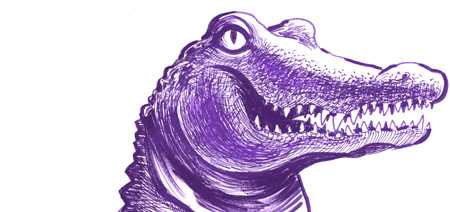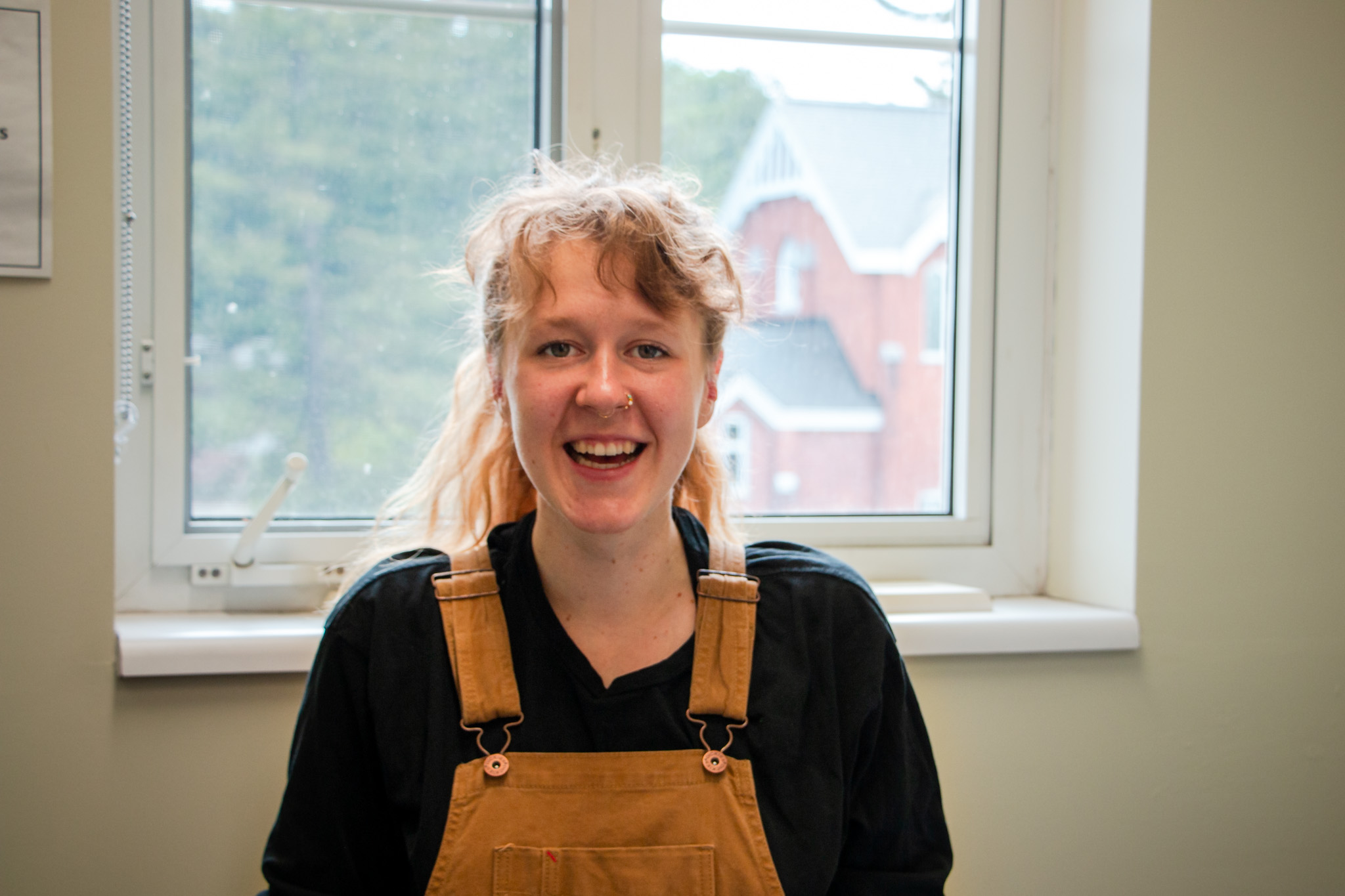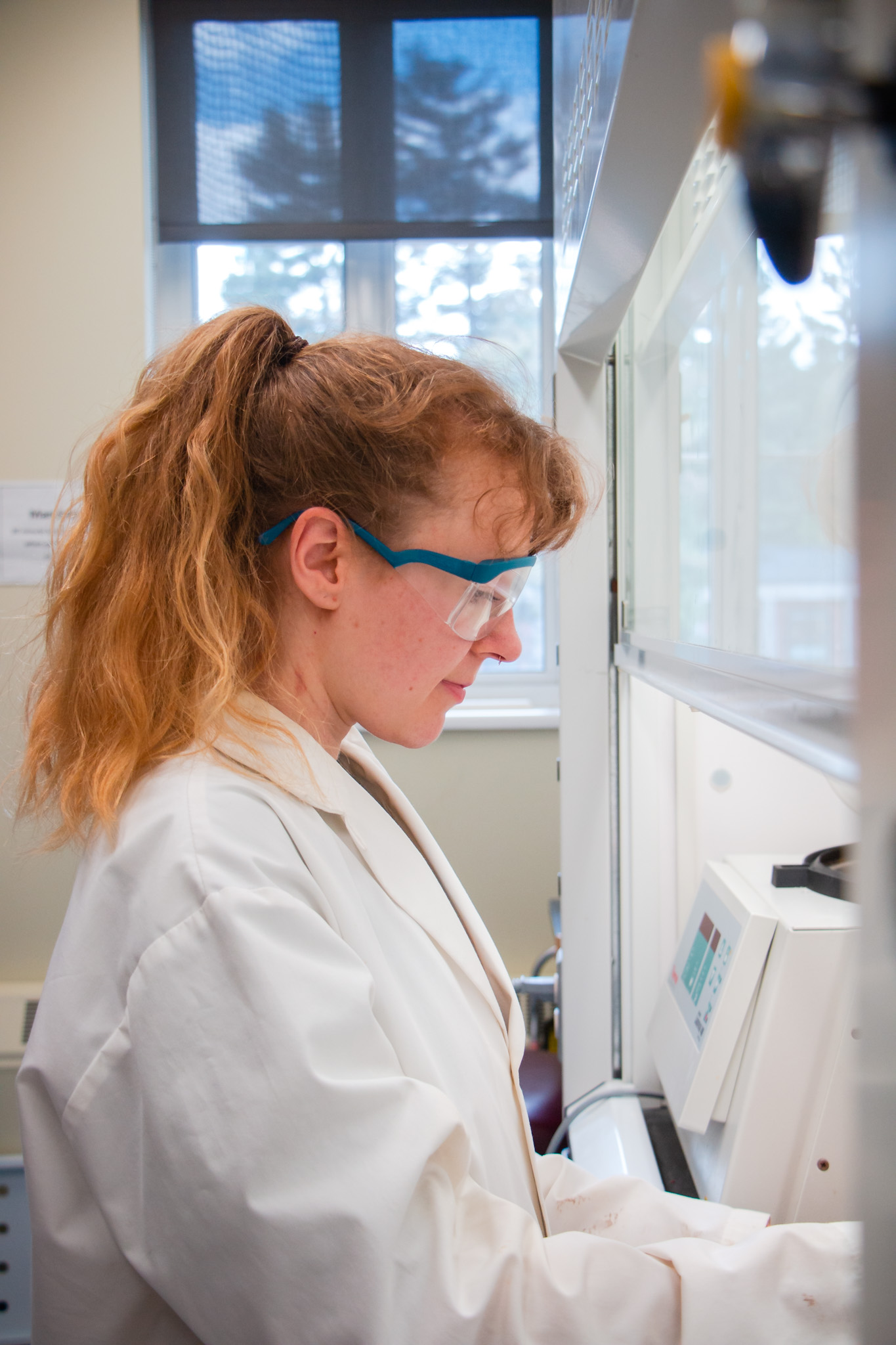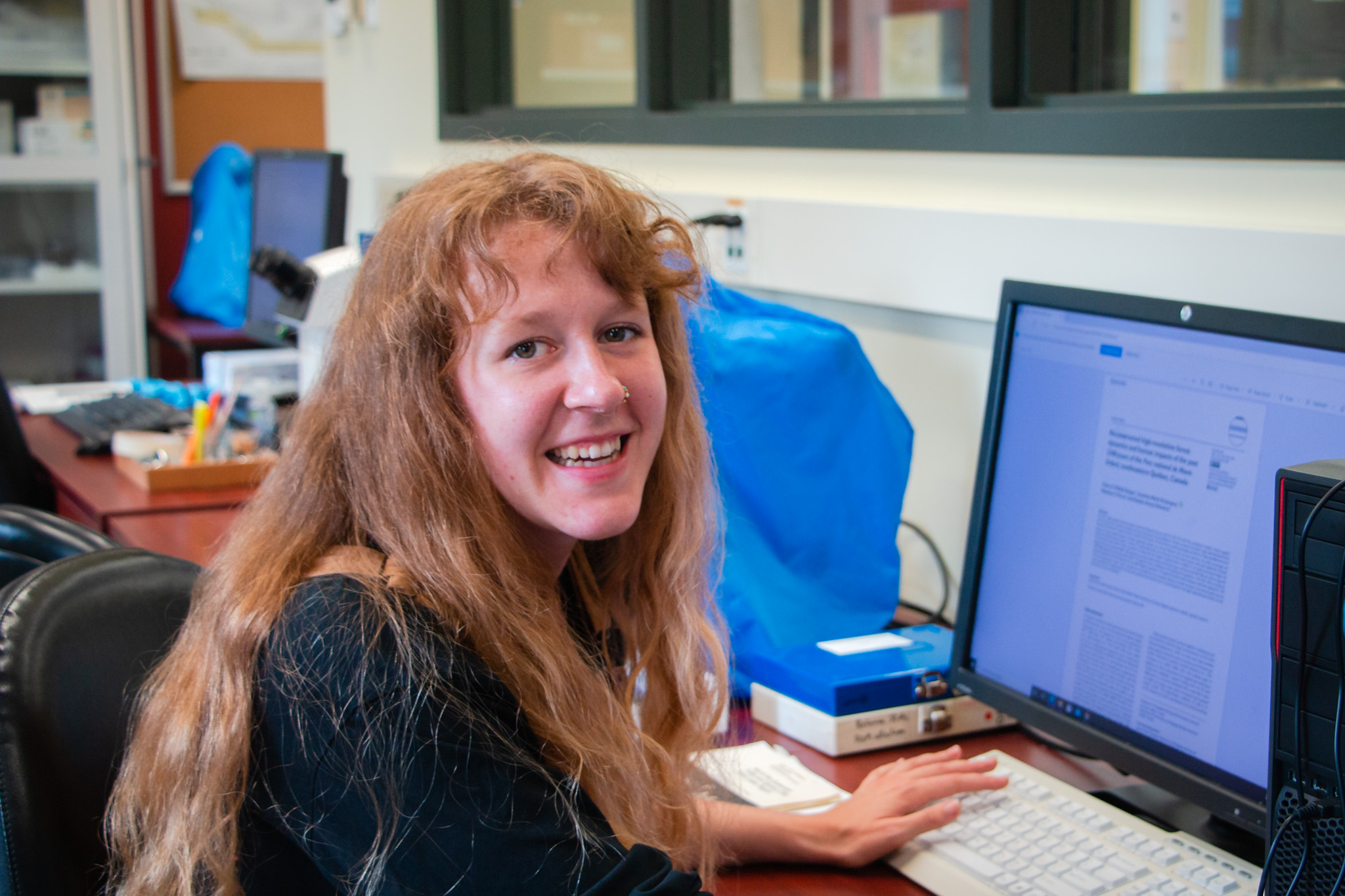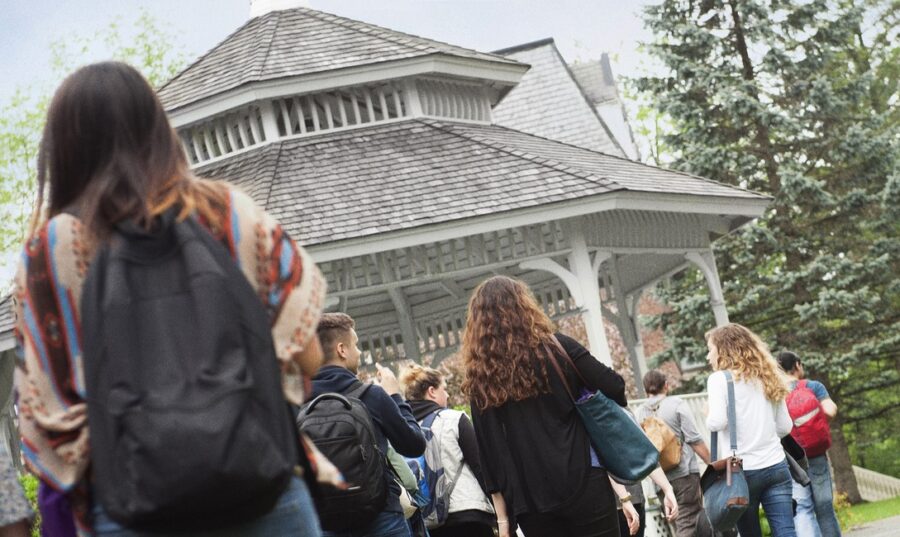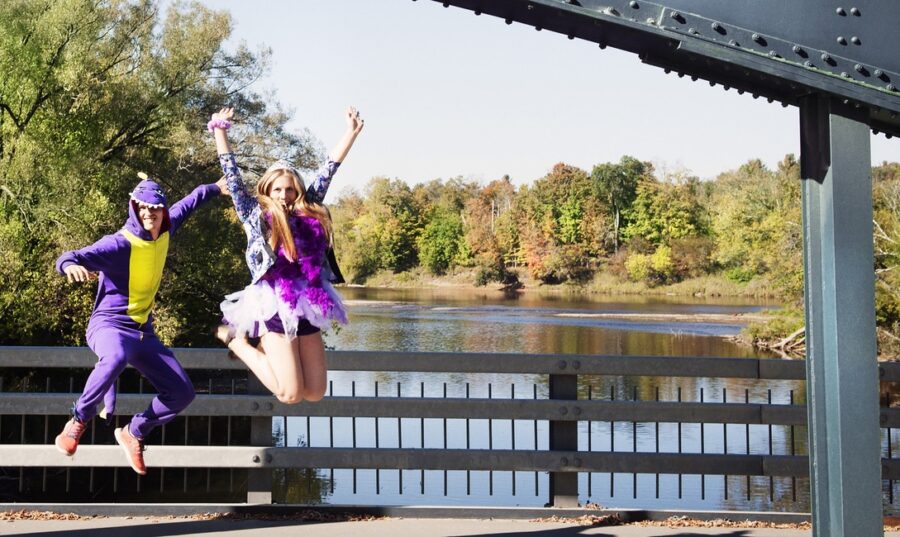‘Experiential learning will increasingly become a critical pedagogical component of the student’s experience here at UBishops. Providing opportunities for students to work in their field of study is invaluable for them to get hands on experience and apply their learning. Incorporating and devising experiential opportunities for students of all levels and in all fields is an exciting challenge.’
–Dr. Claire Grogan, Associate VP Academic.
Sophie McCafferty works as a research assistant to both Dr. Jane Morrison and Dr. Matthew Peros this summer while also holding the position of Sustainable Agriculture and Food Systems (SAFS) Communications Intern. She is about to start her second year at Bishop’s, where she is doing her Bachelor’s in Environmental Sciences with a Certificate in SAFS and a Minor in Indigenous studies.
She came here after doing a technical degree in Environmental Law and Wildlife Management at Vanier College. “I got the credits to come [to Bishop’s] whereas all the other universities didn’t [offer them] … so that was my biggest pull here and then I talked to my teachers, who were like ‘it’s small, you’ll like it, you’ll get to do research,’ which I am! So, I think it’s better at the end of the day.”
Sophie explains that she knew she wanted to be a farmer but did not know much about farming until starting her SAFS certificate. “Doing Sustainable Agriculture is super cool because we just learn all about food, and so much goes into food, like community, and environment, and economy, and all that.” She also likes that the program offers so much hands-on experience, but what she loves most is how her programs of study combine together the social science and the natural science aspects. “Doing sustainable agriculture there’s a more social science part of it, and in indigenous studies too, it’s a lot of history and I think it combines well with the environmental science side … I find that a lot of the time when you just study science it’s very isolated … if you’re an engineer, you only learn about engineering, but you need to learn the issues that go on in society and how engineering fits in, and the problems … So, it’s a well-rounded education I find.”
Sophie managed to get three experiential learning opportunities for the summer. In the lab, she works under Dr. Matthew Peros on pollen analysis. “I emailed Matt and I was like ‘can I do an honours research?’ and he was like ‘yeah, you can probably work in the lab for the summer’, which is awesome cause now I get to learn how to do it. And especially with pollen analysis, you have to learn all the parts, so it takes a bit longer.” She also applied for the SAFS Communications Internship after the position was sent out to students. Since the program is still quite new, she is building the communication plan from the ground up. “So, for now we’re trying to make the social media page, which is slowly but surely coming to life!” Lastly, as Dr. Jane Morrison’s research assistant, she helps her with a project on sustainable agriculture barriers in Quebec. “That’s more online research … she’s done a survey so basically, we’re doing the analysis right now, we’re getting all the data, we’re doing introductions before writing the article, which is cool.” Sophie never applied for the position but got it through her other work. “I got [the internship] and, through that, [Morrison] was like, ‘do you want to be my research assistant?’ so it just happened.” She ascribes the accessibility of these opportunities to the small size of the school. “Since there’s less students, it’s so much easier to access these things whereas getting into a lab at McGill, there’s so much competition, so many people!”
She calls her hands-on experiences “essential” as they highly contribute to her development. “It gives me a look into actual research cause I’ve done research projects before, but this is kind of like real life, you know what I mean? And it shows you how to work with people.” Her different positions also allow her different experiences in her chosen field. “[In the lab] right now we’re analysing the pollen, so it’s really at the ground and we’re building up, but with Jane, a lot is already done so we’re pretty much writing an article, so it’s cool because I get to do all the different steps. And then for the communications internship, I’m really doing public outreach, so that’s nice cause I’ve never really done it before … I get to learn science communications; I get to learn how to get the message out there and think of different strategies.”
Overall, she believes that the experiential learning aspect of her education makes all the difference. “It’s the difference between getting out of university and being able to do something or getting out of university and being like ‘I have no idea what I wanna do.’ Even if you do hands-on experience and you don’t like it, at least you know what you don’t wanna do, whereas [with theory], you’re out of university and you just have all of this knowledge you’ve never applied.”
Her weekly schedule for the summer is separated between 20 hours in the lab with Dr. Peros, 15 hours working on Dr. Morrison’s project, and about 5 hours allotted to her communications internship. “It’s like a full-time job in total, but it’s just three different things, which I like better because you get to touch different things … It lets me try a lot of fields and see what I want to go into cause [in the lab] I’m doing scientific research, with Jane it’s very social science, and then communications … it’s more creative.” She adds that she definitely never gets bored.
Although she was born in England, Sophie’s parents moved away early, and she grew up near Montreal but, ever since moving to the Eastern Townships, she fell in love with the place. “I like the community vibe of it. I’m involved with the women’s center as well and it’s cool because I get to see the families too.” When asked about recommended activities to do around Lennoxville, Sophie doesn’t skip a beat. “Doing the float is a big one! … I also go camping a lot because there’s so many nice mountains around here. I’ve been to Mount Megantic, Orford.” But on any free day, she recommends to simply walk around. “You’ve got so many trails from here, all the way down the water … You can get kind of lost but you’re never too far away. You get lost for an hour but then you find your way out and you know where you are cause it’s kind of small. It’s a really nice place to spend the summer.”
Sophie still has a few years at Bishop’s ahead of her and does not yet know where she is heading afterwards. “I don’t know … I want to have a farm. I would love to be a farmer after graduation maybe. Or I’ll do a Master’s, maybe in [environmental] law.” She laughs before adding, “It’s a big challenge, a bit depressing, so [I’m not sure], but I know I want a farm one day … that’s my goal.”

